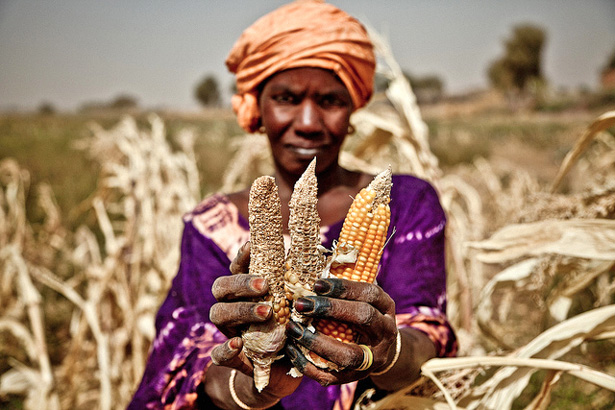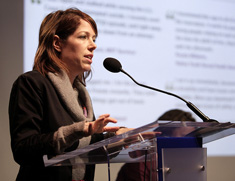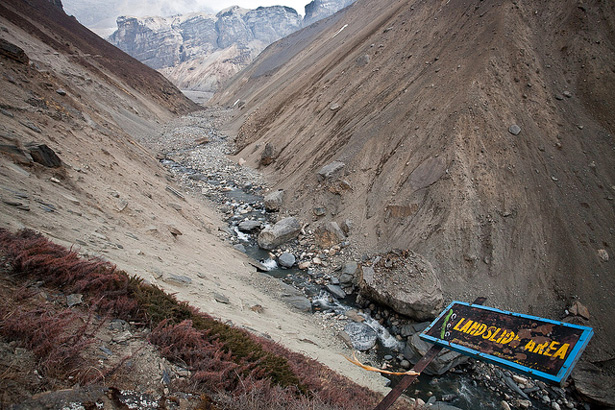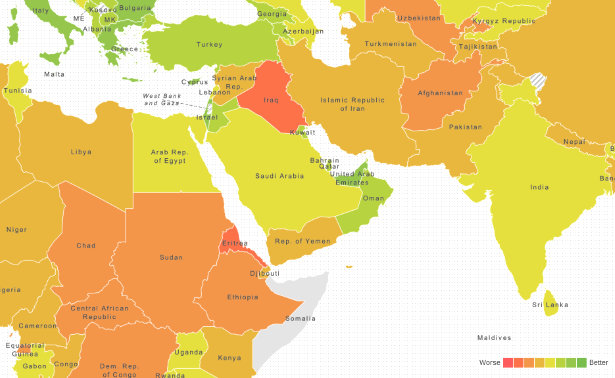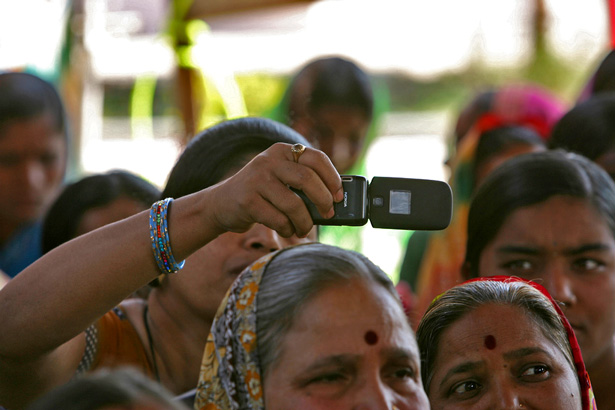-
Gidon Bromberg: Jordan River Shows Water Can Be a Path to Peace, Generate Will for Change
›
At last month’s launch of the USAID Water and Conflict Toolkit at the Wilson Center, Gidon Bromberg explained that the toolkit is about much more than just conflict. “It’s put very much in forefront the possibilities of peacebuilding,” he says in this week’s podcast. “Water is an opportunity in areas where there aren’t many opportunities.”
-
Chris Berdnik, Pulitzer Center on Crisis Reporting
Density Breeds Scarcity on Cambodia’s Lake Tonle Sap
›March 10, 2014 // By Wilson Center Staff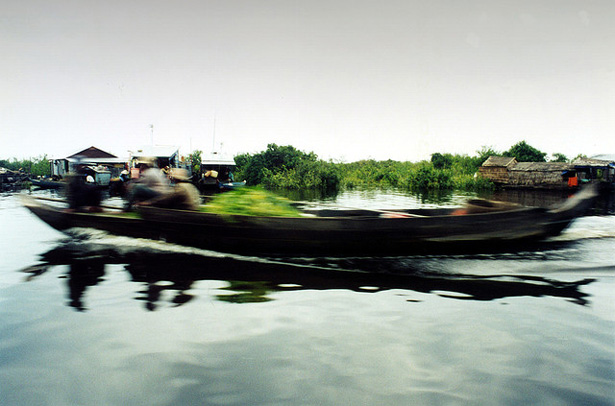
The original version of this article, by Chris Berdnik, appeared on the Pulitzer Center on Crisis Reporting.
I meet Keo Mao, 42, in the floating fishing village of Akol on Cambodia’s Lake Tonle Sap. The houses here move seasonally with the lake, which expands by a factor of five during the monsoon rains and recedes again in the dry months. Fish supply about 80 percent of the animal protein eaten by Cambodians, and about 60 percent of the inland catch comes from the Tonle Sap.
-
After Chance Meeting, New Population, Health, and Environment Program Is Born in Madagascar
›Against the stunning backdrop of Marojejy National Park, I recently crossed paths with a conservationist from a very different background, working on the opposite side of Madagascar. But, it turns out, the communities we work with face many of the same challenges, and our meeting spawned a new population, health, and environment (PHE) program.
-
System Shock: To Prevent the Next Disaster, Change the Paradigm
›
In the wake of natural disasters, the idea that systematic change might be needed to prevent future crises often takes a backseat to restorative efforts. But as disasters become more common, there is often a blurring of disaster response and development initiatives.
-
Nancy Schwartzman on Fighting Rape Culture Worldwide With Emerging Social Technology
›
Sexual assault remains distressingly common throughout the world and too often it’s the victim who gets the blame, says Nancy Schwartzman, filmmaker and executive director of Tech 4 Good, in this week’s podcast.
-
Susannah Fisher, International Institute for Environment and Development
In Nepal, Measuring Climate Change Resilience From the Community Up
›February 11, 2014 // By Wilson Center Staff
The original version of this article, by Susannah Fisher, appeared on the International Institute for Environment and Development.
Nepal’s vulnerability to a warming climate became clear in May 2012 when the Seti River burst its banks during flash floods and landslides that killed more than 60 people. Scientists say such events are likely to become more common as the world warms, so communities need to adapt.
-
Ready for Change: Notre Dame Launches the Global Adaptation Index
›
In 2008 and 2010, the price of many basic food stuffs soared, sparking a series of riots and food crises around the world. People in the poorest countries – those living with the smallest margins – were most affected, while the economies of developed nations were able to absorb the price changes. According to Notre Dame’s Global Adaptation Index, how climate change will impact different countries depends not only on their vulnerability to physical changes, but also their ability to absorb these impacts. [Video Below]
-
Turning the Tide? Technology Provides New Ways to Combat Gender-Based Violence
›
Worldwide, one in three women suffer beatings, coercion into sex, or other abuse from an intimate partner during her lifetime, according to the UN, while one in five is a victim of rape or attempted rape.
“Gender-based violence is a pervasive global challenge. It serves as a barrier to national economic and social advancement across the world,” said Alex Dehgan, former chief scientist and director of the Office of Science and Technology at the U.S. Agency for International Development, on December 9 at the Wilson Center. [Video Below]
Showing posts from category community-based.




